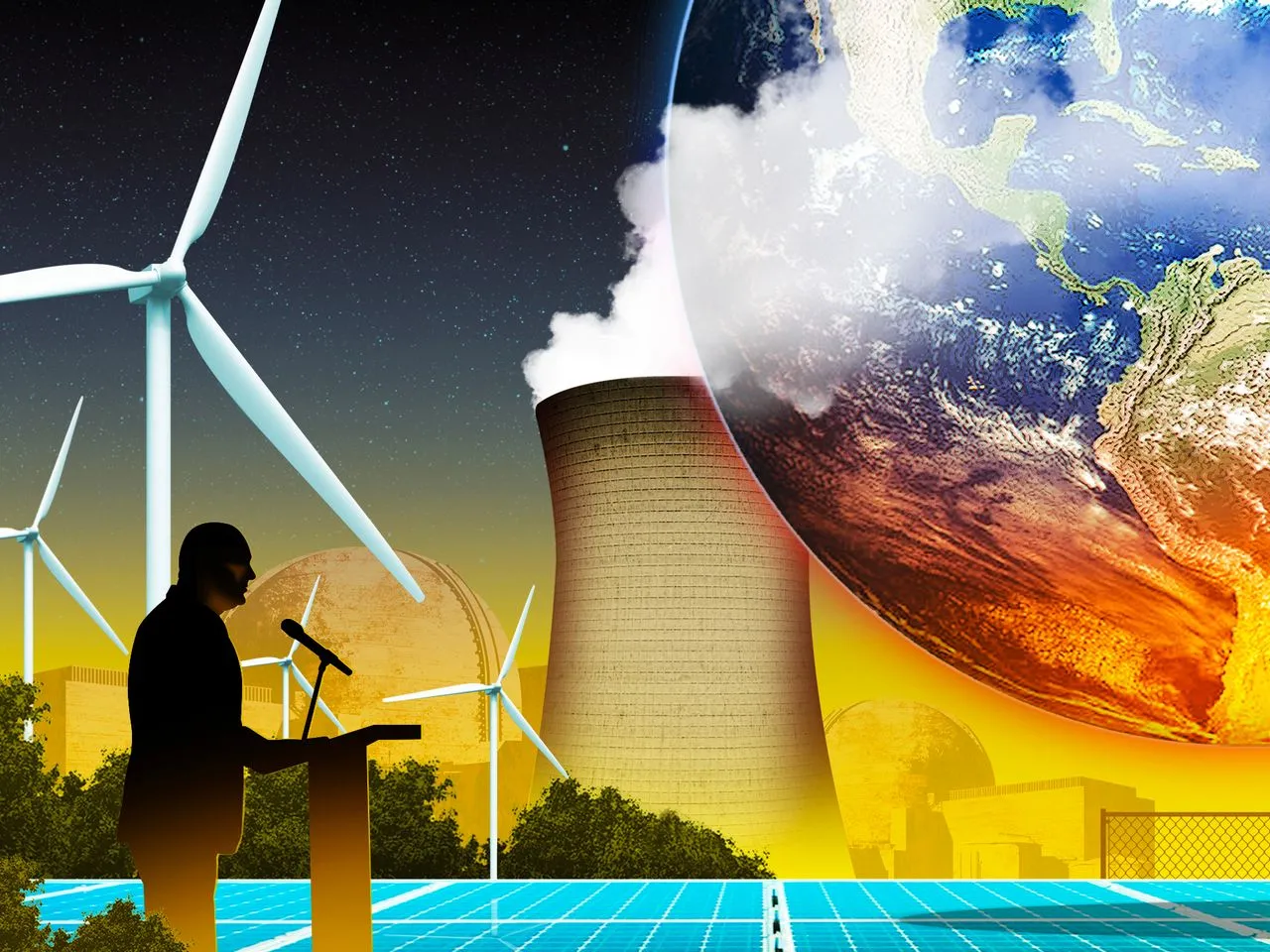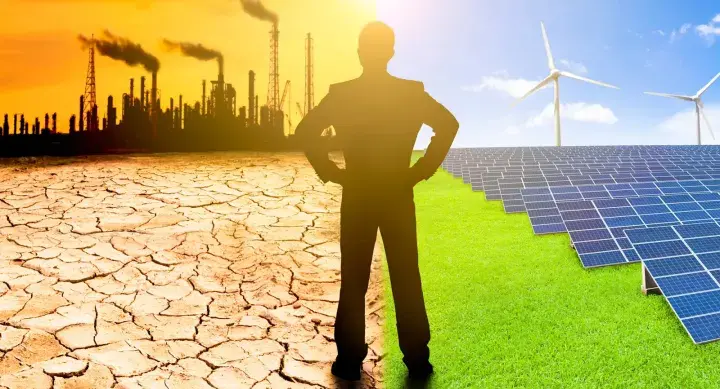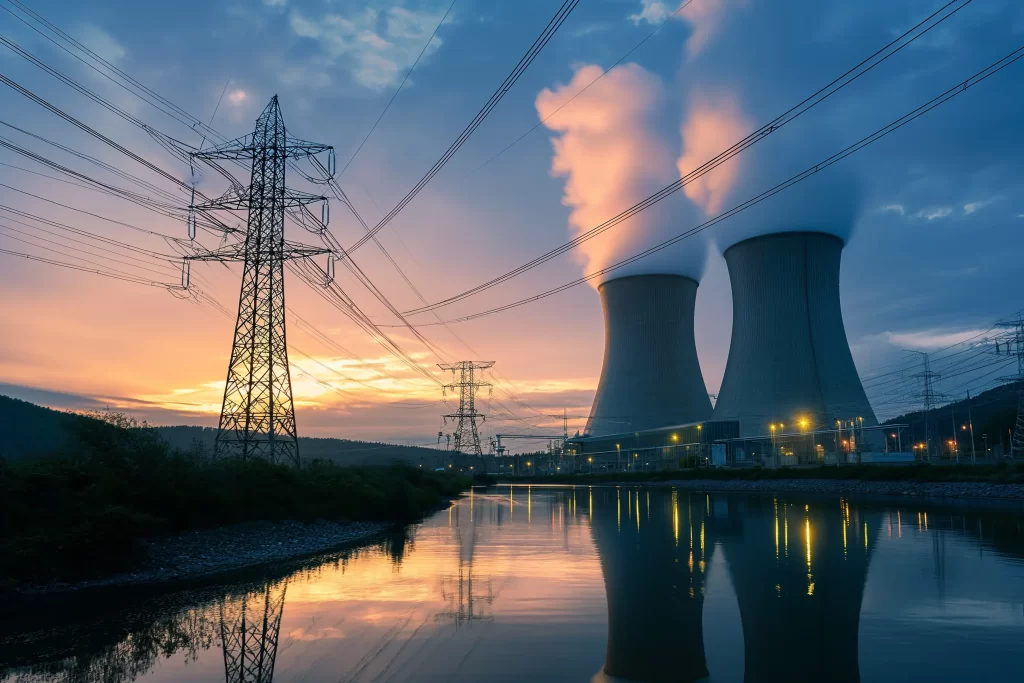In today’s rapidly evolving world, energy politics have become a hot topic of conversation. The global demand for energy, combined with increasing concerns about the impact of fossil fuels on the environment, has sparked a major shift towards renewable resources. However, oil and gas remain integral components of the energy landscape, posing complex challenges and opportunities.
In this article, we delve into the intricate web of energy politics, exploring the interplay between oil, gas, and renewable resources. We examine the geopolitical influences that shape energy policies and their far-reaching consequences on the global stage. From the conflicts surrounding oil-rich regions to the rise of renewable energy initiatives, we navigate through the complexities of this rapidly changing field.
Join us as we demystify the world of energy politics, shedding light on the key players, policies, and strategies that drive this vital sector. By understanding the intricate dynamics at play, we can gain insights into the future direction of energy production and consumption, and the potential for a more sustainable and resilient energy system.

The Role of Oil and Gas in Global Energy Politics
Oil and gas have long been central to global energy politics. These fossil fuels have powered economies, fueled transportation, and shaped international relations. The control and distribution of oil and gas reserves have often been a source of conflict and geopolitical tensions. Countries with abundant resources have wielded significant influence, while those dependent on imports have strived to secure stable supply chains.
However, the dominance of oil and gas is not without its downsides. The environmental impacts of extraction, such as air and water pollution, contribute to climate change and pose health risks to local communities. Additionally, the finite nature of fossil fuels raises concerns about long-term energy security. These factors have prompted a shift towards renewable resources as a more sustainable alternative.
Environmental Impacts of Oil and Gas Extraction
The extraction of oil and gas has significant environmental consequences. From offshore drilling to hydraulic fracturing (fracking), the processes involved in accessing these resources can have detrimental effects on ecosystems and human health. Oil spills, such as the Deepwater Horizon disaster, have devastating consequences for marine life and coastal communities.
Fracking, on the other hand, has raised concerns about water contamination and seismic activity. The use of chemicals in the fracking fluid and the disposal of wastewater pose risks to groundwater supplies and can lead to the release of methane, a potent greenhouse gas. These environmental impacts have fueled public opposition to oil and gas extraction, pushing governments to explore cleaner and more sustainable alternatives.
The Rise of Renewable Resources in Energy Politics
The growing recognition of the environmental impacts of fossil fuels has led to a surge in renewable energy initiatives. Solar, wind, hydroelectric, and geothermal power are among the key sources of clean energy that are gaining traction. Technological advancements and falling costs have made renewable resources increasingly competitive, prompting governments and businesses to invest in their development.
Renewable energy not only offers a more sustainable and climate-friendly alternative to fossil fuels but also presents economic opportunities. The renewable energy sector has the potential to create jobs, spur innovation, and enhance energy security. As the demand for clean energy grows, countries that position themselves as leaders in renewable resources stand to gain geopolitical influence and economic advantages.

Government Policies and Regulations in the Energy Sector
Government policies and regulations play a crucial role in shaping energy politics. From subsidies and tax incentives to emissions targets and renewable energy mandates, governments have the power to influence the energy mix and drive the transition to cleaner sources. However, the effectiveness of these policies varies across countries and regions, depending on political will, economic considerations, and the influence of vested interests.
Some governments have taken bold steps to accelerate the adoption of renewable resources. For example, Germany’s Energiewende (energy transition) initiative aims to shift the country’s energy production predominantly to renewable sources. In contrast, others continue to heavily rely on oil and gas, often driven by economic imperatives and existing infrastructure. Balancing the need for energy security, economic growth, and environmental sustainability remains a challenge for policymakers.
The Influence of International Organizations in Energy Politics
International organizations, such as the United Nations, the International Energy Agency (IEA), and OPEC (Organization of the Petroleum Exporting Countries), also play a significant role in energy politics. These organizations facilitate cooperation, coordinate policies, and provide platforms for discussions on energy-related issues.
The United Nations Framework Convention on Climate Change (UNFCCC) and its subsidiary agreements, such as the Paris Agreement, aim to combat climate change and promote the transition to a low-carbon economy. The IEA works to enhance energy security, promote economic growth, and encourage clean energy technologies. OPEC, on the other hand, seeks to stabilize oil markets and safeguard the interests of its member countries.
Collaboration and coordination among these international organizations are crucial for addressing global energy challenges and achieving a sustainable energy future. However, conflicting interests and geopolitical rivalries can hinder progress and complicate decision-making processes.
The Future of Energy Politics: Trends and Predictions
The future of energy politics is shaped by various trends and predictions. The increasing deployment of renewable resources is expected to continue, driven by advancements in technology, decreasing costs, and growing public demand for clean energy. Electric vehicles (EVs) and energy storage solutions are likely to play a pivotal role in the transition to a more sustainable transportation sector.
At the same time, the geopolitics of energy may undergo significant changes. The shift away from fossil fuels could redefine global energy relationships and reduce the influence of traditional oil and gas powers. Renewable energy-rich countries, such as China, the United States, and Germany, could emerge as key players in the energy landscape.
However, challenges and controversies persist. The intermittent nature of renewable resources, the need for extensive infrastructure development, and the question of energy storage present hurdles to widespread adoption. Additionally, the interests of fossil fuel industries, economic considerations, and political factors can slow down the transition to cleaner energy sources.
Case Studies: Successful Examples of Sustainable Energy Policies
Examining successful examples of sustainable energy policies can provide valuable insights into effective strategies for energy transitions. Denmark, for instance, has made significant progress in renewable energy, with wind power accounting for a substantial part of its electricity generation. The country’s commitment to clean energy and long-term planning have paved the way for a successful transition.
Another notable case is Costa Rica, which has set ambitious targets for renewable energy and has achieved almost 100% of its electricity generation from renewable sources. The country’s focus on hydropower, geothermal energy, and wind power has not only reduced its carbon footprint but also attracted international investment and positioned Costa Rica as a leader in sustainable development.
These case studies highlight the importance of political will, long-term planning, and stakeholder engagement in driving sustainable energy policies. They demonstrate that a combination of supportive government policies, technological innovation, and public-private partnerships can lead to successful energy transitions.

The Importance of Balancing Economic, Environmental, and Social Factors in Energy Politics
Energy politics play a vital role in shaping the future of our planet. Balancing economic, environmental, and social factors is crucial for ensuring a sustainable and resilient energy system. While oil and gas remain integral to the global energy mix, the rise of renewable resources offers opportunities for a cleaner and more sustainable future.
Governments, international organizations, businesses, and individuals all have a part to play in driving the energy transition. By adopting forward-thinking policies, investing in clean technologies, and embracing renewable resources, we can create a more secure, environmentally friendly, and equitable energy landscape.
As we navigate the complexities of energy politics, it is essential to prioritize the long-term well-being of our planet and future generations. By working together, we can shape a future where energy production and consumption are in harmony with the natural world, paving the way for a brighter and more sustainable future.
If you found this article insightful and are interested in understanding the intricate dynamics of global politics further, we highly recommend reading our comprehensive article about The Cold War. Delving into this historical period will provide you with a deeper understanding of how past conflicts have shaped the modern world, offering valuable lessons that can be applied to today’s energy politics and beyond.




